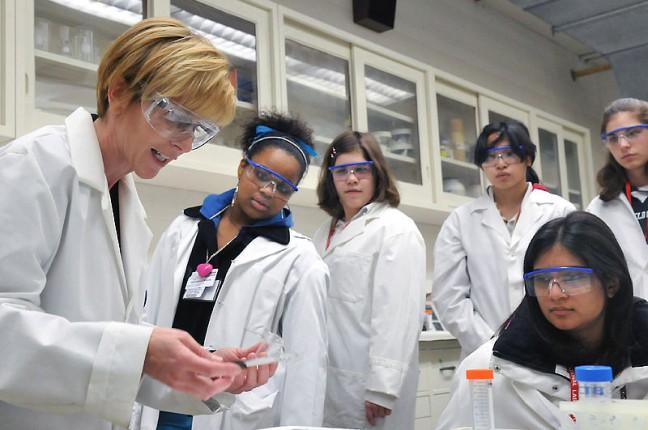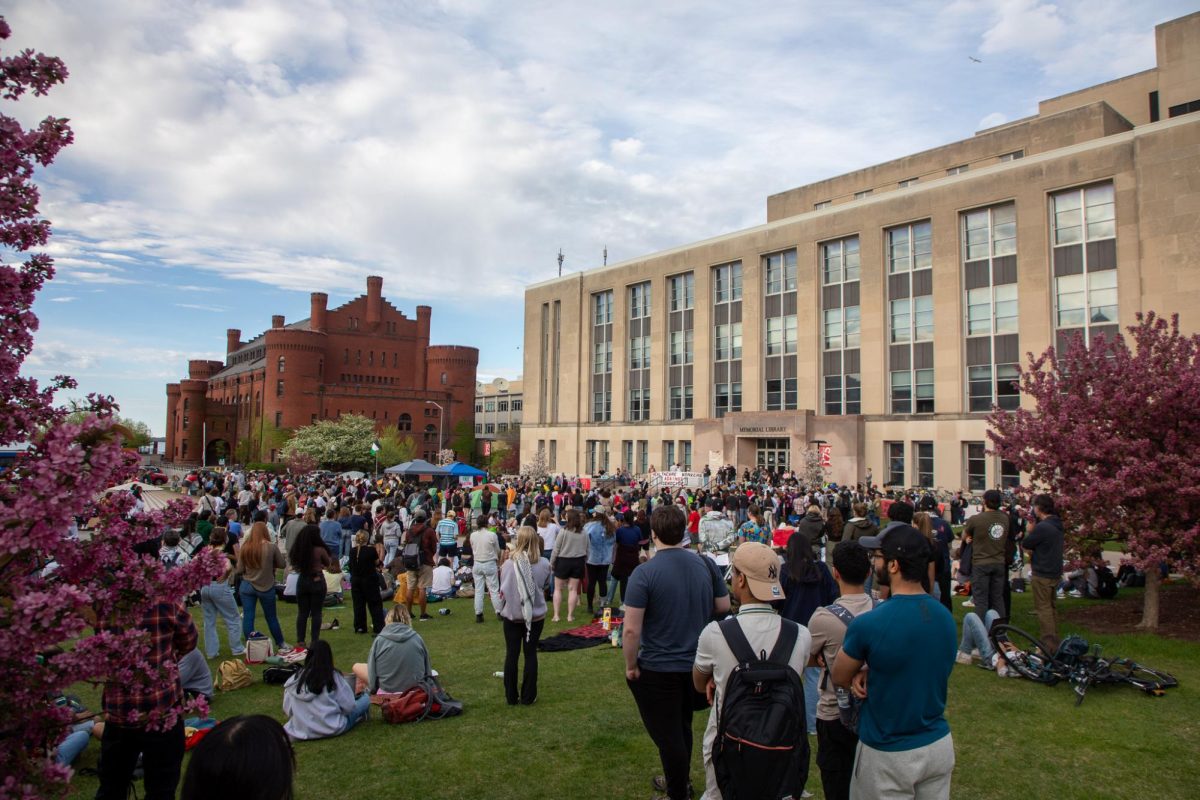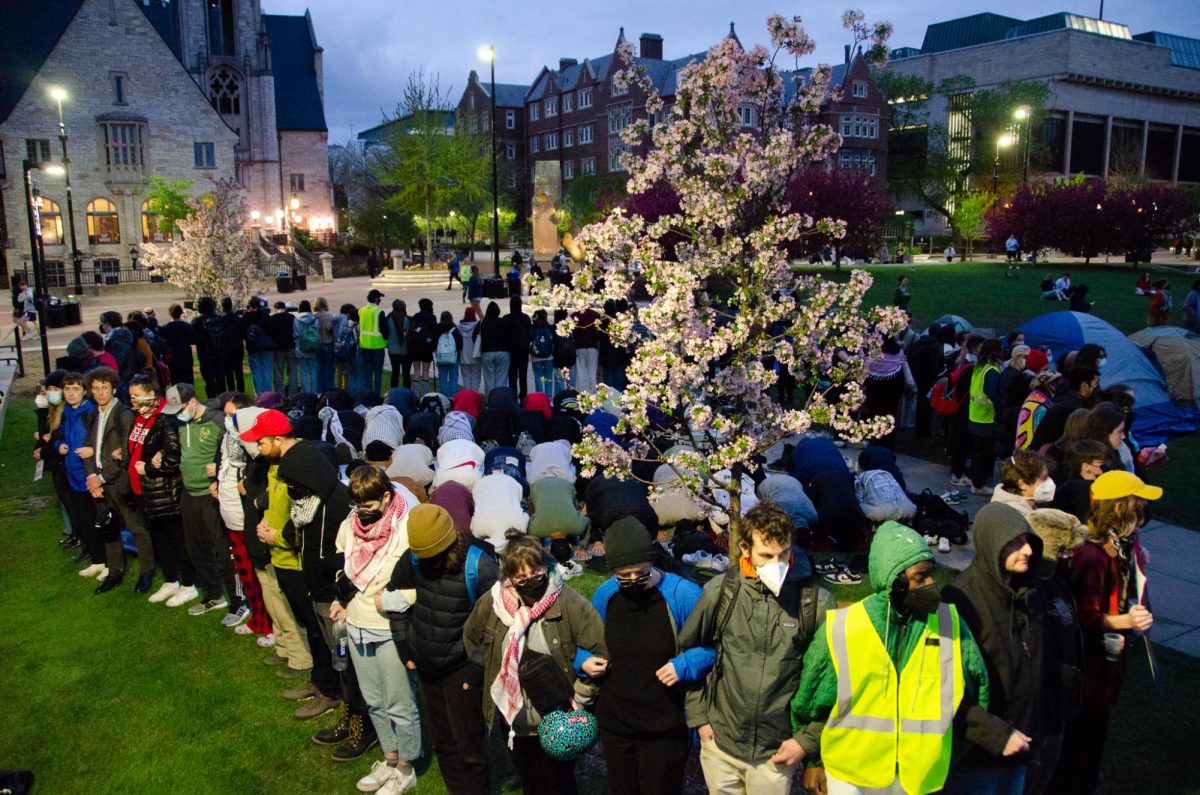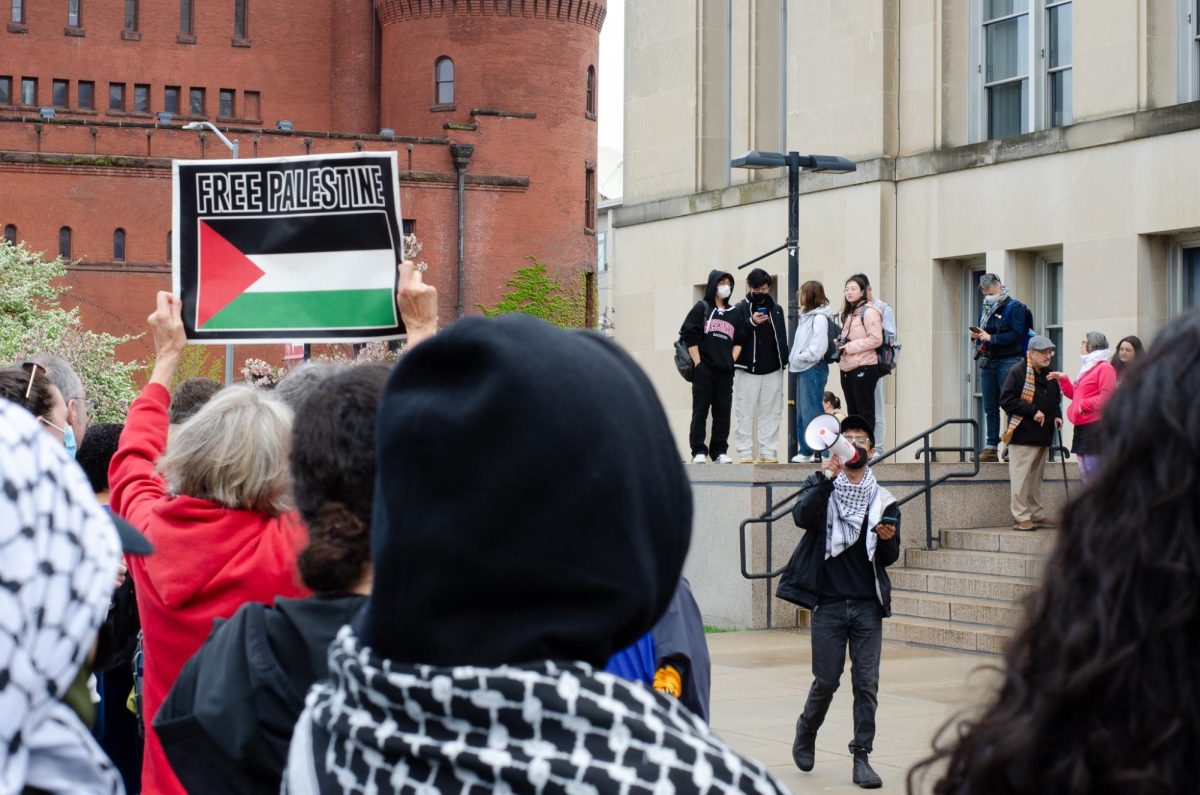With increasing talk about the importance of Science, Technology, Engineering and Math education in universities, some experts argue the necessity of changing the way science is taught, especially for non-science majors.
In a recent blog post, in which John Rudolph, University of Wisconsin professor of curriculum and instruction, was a guest commentator, argued instructors of science should move beyond teaching content or lists of scientific facts to be memorized, and focus on how scientists arrive at their conclusions. Rudolph advocates for a stronger emphasis on informing students about the broader role science plays in society so that they can become more critical and informed citizens and leaders.
“Non-science majors … become the legislators and the executives in positions of power who make decisions based on their understanding of science expertise, and so they need to use scientific expertise and understand where they can look to for reliable knowledge in the acts of governing or running a business,” Rudolph said. “That’s essential to the knowledge that they need.”
According to Rudolph, the type of scientific knowledge the average citizen needs is quite different than the student who plans to enter a STEM profession. He said it is critical, especially for non-science majors, to understand scientist methods to prepare them to process and act upon scientific research discoveries in a rational way.
Just as important, Rudolph said, is the understanding of the workings of science as an institution. The often complex ways in which researchers obtain funding, if misunderstood, can lead those in leadership positions to make detrimental decisions for the scientific and larger community, he said.
“We’ve got the governor cutting $300 million from the UW System budget, a huge cut, and people say that’s all well and good, just have faculty teach an extra class or two and that’ll make up for the budget cut,” Rudolph said. “But [if one knew] the level of involvement that the research faculty on this campus has and the way science works and grants are funded, citizens might be more concerned about this huge budget cut.”
Richard Amasino, a professor of biochemistry at UW, said most faculty members mean well in content-based science education as they think that they’re offering students more knowledge for their dollar. The reality is students are not gaining knowledge on how science works, as they might in a class where students arrive at conclusions themselves, he said.
To Amasino, the goal of science education at the university level should be to teach students to begin to think like experts in the field, so if they were given information related to the respective field that was not covered in class, they would still be able to make educated judgments, he said.
Amasino said in the past, far too much emphasis has been placed on accumulation and memorization of facts, something that he argues has been central to classes such as organic chemistry, a class which medical schools use to determine good candidates, he said.
“Being able to do organic chemistry has absolutely nothing to do with being a doctor except it was the course that tested whether those individuals had the right kind of brain wiring to hold a huge amount of facts and randomly access them and put things together,” Amasino said. “If we continue to teach STEM by trying to have our students keep up with this hugely expanding information base, we’re going to miss, even with our STEM majors, the essence of science.”




















